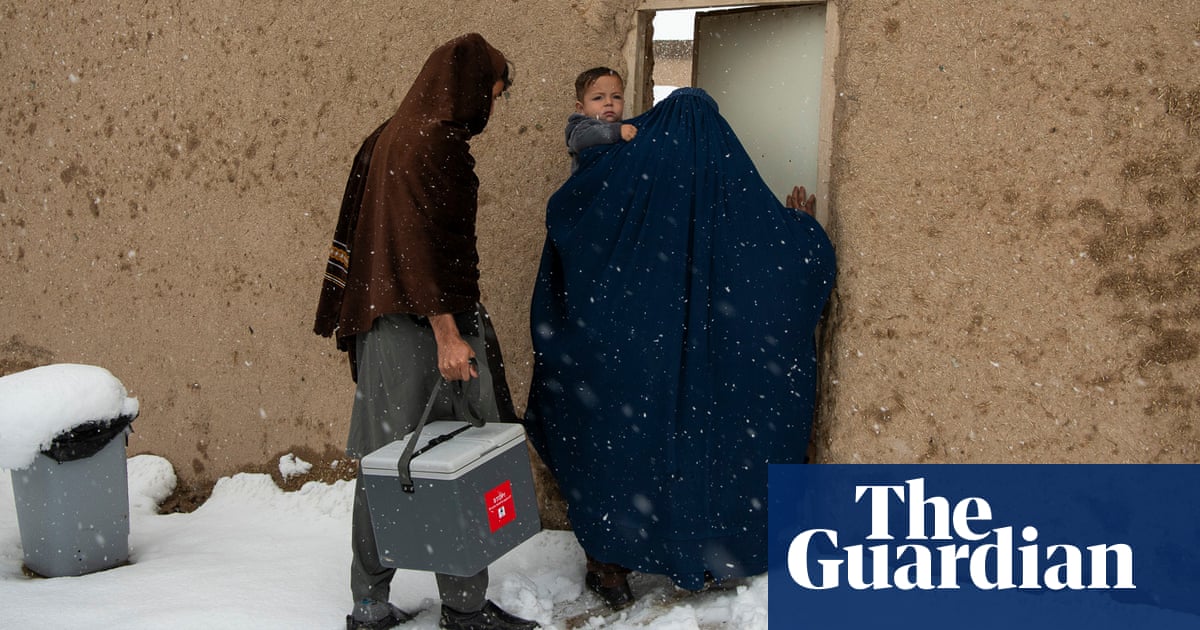The Inter-American Court of Human Rights (IACHR) has ruled that El Salvador violated the human rights of a Salvadoran woman who was denied an abortion despite her high-risk pregnancy in 2013.
The court has ordered the Central American country to adopt “all necessary regulatory measures” so that doctors are authorised to terminate “pregnancies that pose a risk to the woman’s life and health”.
The decision announced this Friday also “recommended” that El Salvador amend its laws to allow abortion “in cases of fetal incompatibility with life outside the womb, as well as where there is a risk to the life and a serious risk to the health and personal integrity of the mother”.
The country has one of the world’s most restrictive anti-abortion laws: the procedure is prohibited under all circumstances, and women can even be charged with aggravated homicide, carrying sentences of 30 to 50 years in prison.
Now activists hope the verdict could pave the way for the decriminalisation of abortion in El Salvador and set an important precedent for Latin America, where the procedure is prohibited under all circumstances in another six countries.
Beatriz (her surname is not listed in the case) was 22 years old and living in extreme poverty when, less than a year after giving birth to her first child, she discovered a new pregnancy. She suffered from lupus, arthritis and renal failure, and the doctors soon identified that the fetus had anencephaly and would not survive outside the womb.
Doctors recommended abortion to save her life, but could not do so because, as the procedure has been prohibited in the country since 1997, healthcare professionals who perform it can face up to 12 years in prison.
Beatriz appealed to the supreme court, which denied her request. The case garnered international attention, and an IACHR decision obliged the Salvadoran state to allow the procedure. El Salvador still refused and only permitted her to undergo an emergency premature C-section after she became gravely ill; the fetus died five hours later.
Beatriz v El Salvador
ShowBeatriz, a 22-year-old rural Salvadorian woman, sought an abortion to end her pregnancy in 2013. She suffered from lupus, arthritis and kidney damage, and an ultrasound scan in March of that year showed the 11-week-old foetus she was carrying had anencephaly – a developmental birth defect of the brain and skull that meant it would not survive outside the uterus.
Her doctors recommended she terminate the pregnancy but abortion is illegal in El Salvador under all circumstances, so lawyers for Beatriz sought a court order allowing a termination to save her life.
In April, El Salvador's supreme court refused her request for an abortion. However, on 3 June she went into labour and the court allowed an emergency C-section after she became gravely ill; the foetus died five hours later.
In September 2013, Beatriz's case was taken up by human rights organisations, such as the Citizens’ Coalition for the Decriminalisation of Abortion, which petitioned the Washington-based inter-American commission of human rights. It was admitted in September 2017, a month before Beatriz died, aged 27, due to health complications after a traffic accident.
In 2020, the commission concluded that El Salvador had violated Beatriz’s rights to life, humane treatment, judicial guarantees, privacy, equality before the law, judicial protection and health. In 2022 it referred the case to the inter-American court of human rights (IACHR) in Costa Rica.
In March 2023, in a historic hearing, the IACHR considered for the first time the consequences of a country’s total criminalisation of abortion.
The judgment is yet to be delivered.
In 2017, Beatriz died after being involved in a car accident. There was a belief among activists that the deterioration of her health in 2013 had somehow contributed to her death, but the IACHR decision concluded that “there is no clear and compelling evidence that establishes a causal link” between the two cases.
Beatriz became a symbol of how El Salvador’s anti-abortion law endangered women’s lives. Feminist activists and human rights advocates brought her case to the IACHR.
“It is a historic moment, but it is also hopeful,” said Mariana Moisa, a women’s rights activist and founder of the Citizens’ Coalition for the Decriminalisation of Abortion. She believes that the decision established a “minimum” – that abortion should be allowed at least in cases where the woman’s life is at risk – “which allows us to progress in countries where the laws are more restrictive and also where there are setbacks and an attempt to roll back progress”.
Morena Herrera, another prominent abortion rights activist in El Salvador, posted a video saying, “Justice has been served for Beatriz and her family,” and that the decision “has broadened the horizons of hope for girls, adolescents and women on our continent, because now we imagine a better present and future for all”.
The court ruled that El Salvador is responsible for “obstetric violence” and violations of Beatriz’s “health, access to justice, rights, personal integrity, private life, and the right to live a life free from violence”. The decision also orders the country to pay compensation – the amount to be determined – to Beatriz’s mother, stepfather, widower and son.
The IACHR is part of the Organization of American States, comprising 35 countries, of which El Salvador is a member. In practice, there is no direct obligation for the country to change its laws.
Since 2022, the country has been under a controversial state of emergency to combat gangs, implemented by its authoritarian and conservative president, Nayib Bukele, who has repeatedly stated that he has no intention of changing the country’s current abortion law.
“The fact that the president does not intend to decriminalise it does not mean that women will stop having abortions, right?” said Moisa, who believes the decision can contribute to the decriminalisation of abortion in El Salvador in the future.
“The decision places us socially in a conversation about abortion, to bring it out of the taboo, to understand that it is a public health issue,” she said.

.png) 3 months ago
32
3 months ago
32













































